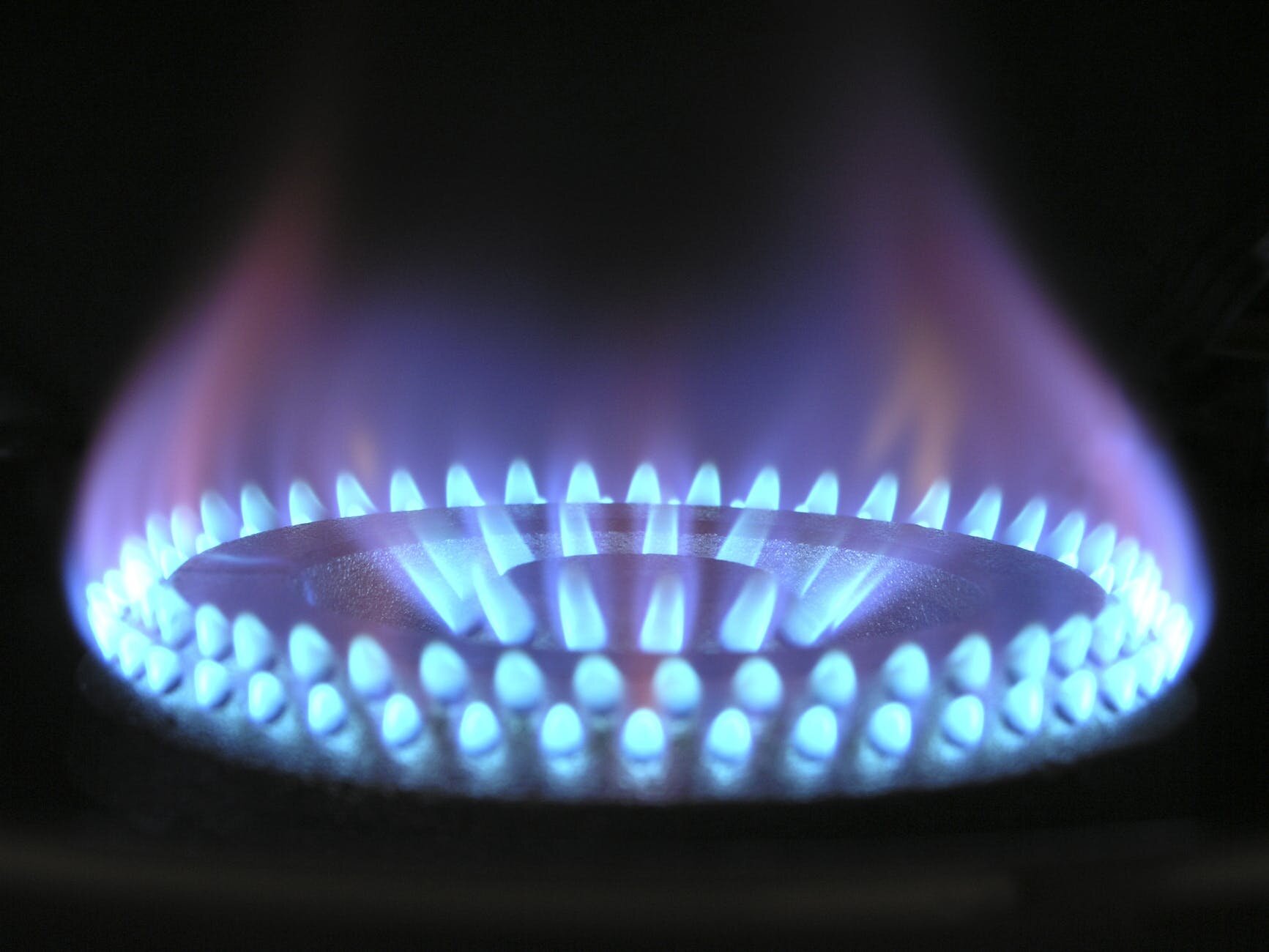
Natural Gas Safety.
In the event of an emergency, please call our Emergency Utility Service line at 513-785-7550, or call 911.
What is natural gas?
Natural gas is a mixture of hydrocarbons, predominantly methane (CH4). Trace amounts of other hydrocarbons - propane and ethane, as well as other gases may also be present in natural gas. Most natural gas is extracted from gas and oil wells, while smaller amounts can be produced from sources like landfills and other biogas resources. Natural gas is the most efficient and cost-effective option available to Hamilton utility customers when it comes to space and water heating, cooking, and clothes drying.
Approximately one-quarter of the energy used in the U.S. is from natural gas. It is an economical, reliable, plentiful, and safe source of energy for you and the environment. Natural gas is non-toxic, non-corrosive, and non-carcinogenic, and therefore presents no threat to soil, surface water, or groundwater.
What does natural gas smell like?
A chemical odorant, mercaptan, is added to the natural gas for your safety and protection. The smell is similar to rotten eggs and is meant to alert you to the presence of natural gas.
What are the signs of a gas leak?
In addition to the smell of natural gas, other signs to watch for include:
Blowing dirt, bubbling water, ice formation, or an unusual area of distressed or dead vegetation on the ground above where a pipeline is located
Hissing sound near a pipeline, or in or around a building
Be aware that the source of a gas odor could be inside your home/business or external- gas leaks in service lines or street mains can migrate into your home or business.
Also, if your pilot light or burner is substantially higher than normal, this may be an indicator of excessive gas pressure.
Who do I call if I suspect a gas leak or pressure issue?
If you smell gas, suspect a leak, or notice excessive gas pressure contact the City’s Emergency Utility Service at 513-785-7550 - available 24 hours a day, 7 days a week - or call 911
What safety precautions should I take while I am waiting for emergency assistance for a gas issue?
Observe the following the safety precautions:
Ventilate the building by opening doors and windows
Evacuate the building immediately and warn others to leave or stay out
Do not turn on or off any electrical appliances or electronic equipment as you leave; even a light switch or cell phone can create a spark, which could ignite the gas
Do not smoke or use lighters or matches
